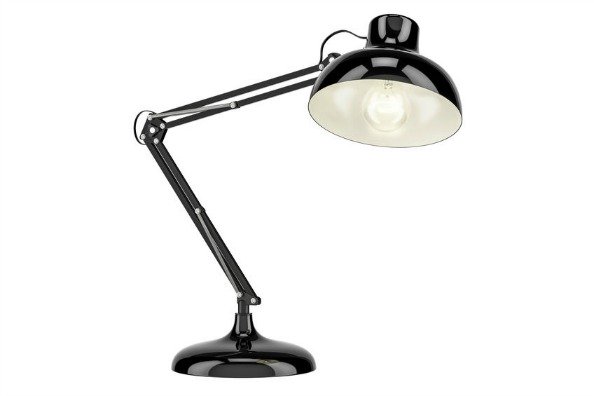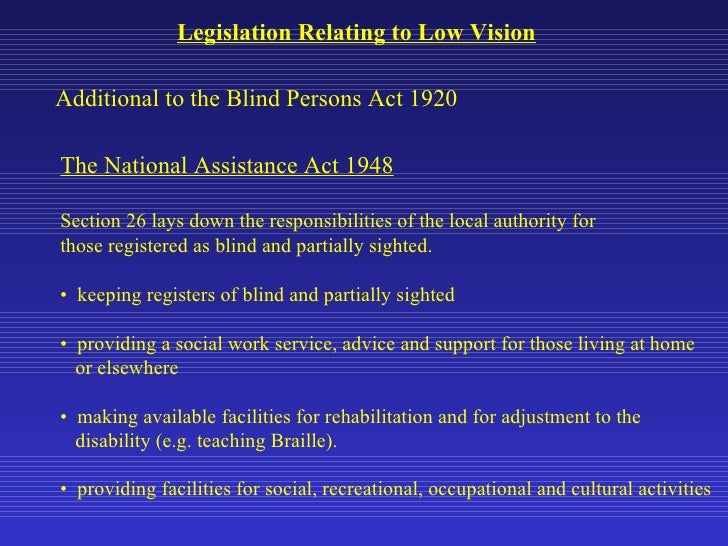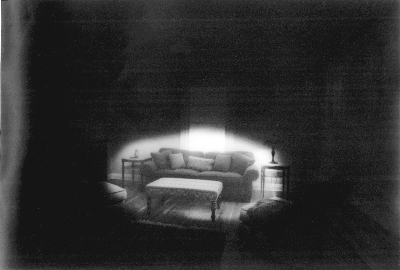The stereotypical assumption that people who are blind or have low vision live in a type of blackness that sighted people see when they close their eyes is generally not accurate.
Low vision lighting needs for the partially sighted.
If you re blind or partially sighted you may find it helpful to contact a support group for people with vision loss.
A guide to better lighting for people with sight loss written by the thomas pocklington trust contains more information on the importance of lighting.
Low vision lighting needs for the partially sighted.
Myopic unable to see distant objects clearly commonly referred to as near sighted hyperopic unable to see close objects clearly commonly referred to as far sighted.
Lighting needs for the partially sighted the construction information service this document is available as part of the construction information service.
It provides advice on the different types of light bulbs and lighting available choosing lighting and how to create a safer home and stay as independent at.
The construction information service brings together a comprehensive collection of essential technical documents from a wide range of publishers in one online package.
There are two specific types of low vision.
People with low vision often need adaptations in lighting and or enlarged print to read something.
Lighting in and around the home.
Royal national institute of blind people rnib the royal national institute of blind people rnib is the uk s leading charity for people with vision loss and it has useful information about coming to terms with sight loss.
Functions such as visual acuity contrast sensitivity visual field and colour vision.
Although every person sees differently including persons with low vision an individual who has light perception projection can perceive the presence or.
Low vision lighting needs for the partially sighted publication cie paperback april 1 1997.
Some visual difficulties include problems with depth perception and light adaption some factors that influence vision are lighting colours and contrast.
A section is devoted to the lighting aspects of visual aids such as neutral and selective absorbing glasses light amplification systems high power additions magnifiers telescopes.





























